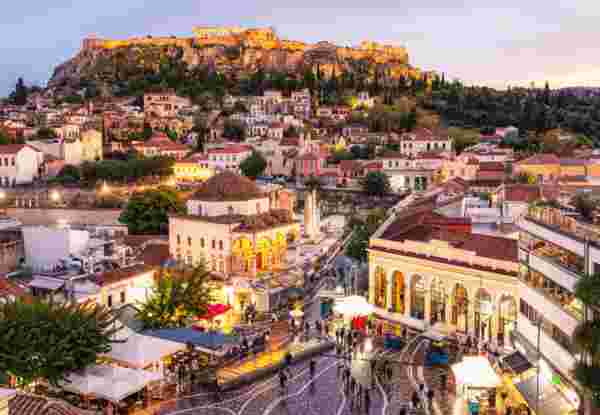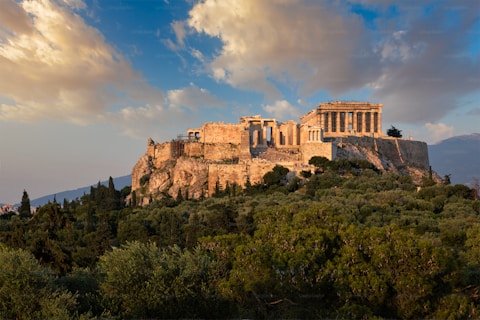How to Plan a Trip to Greece
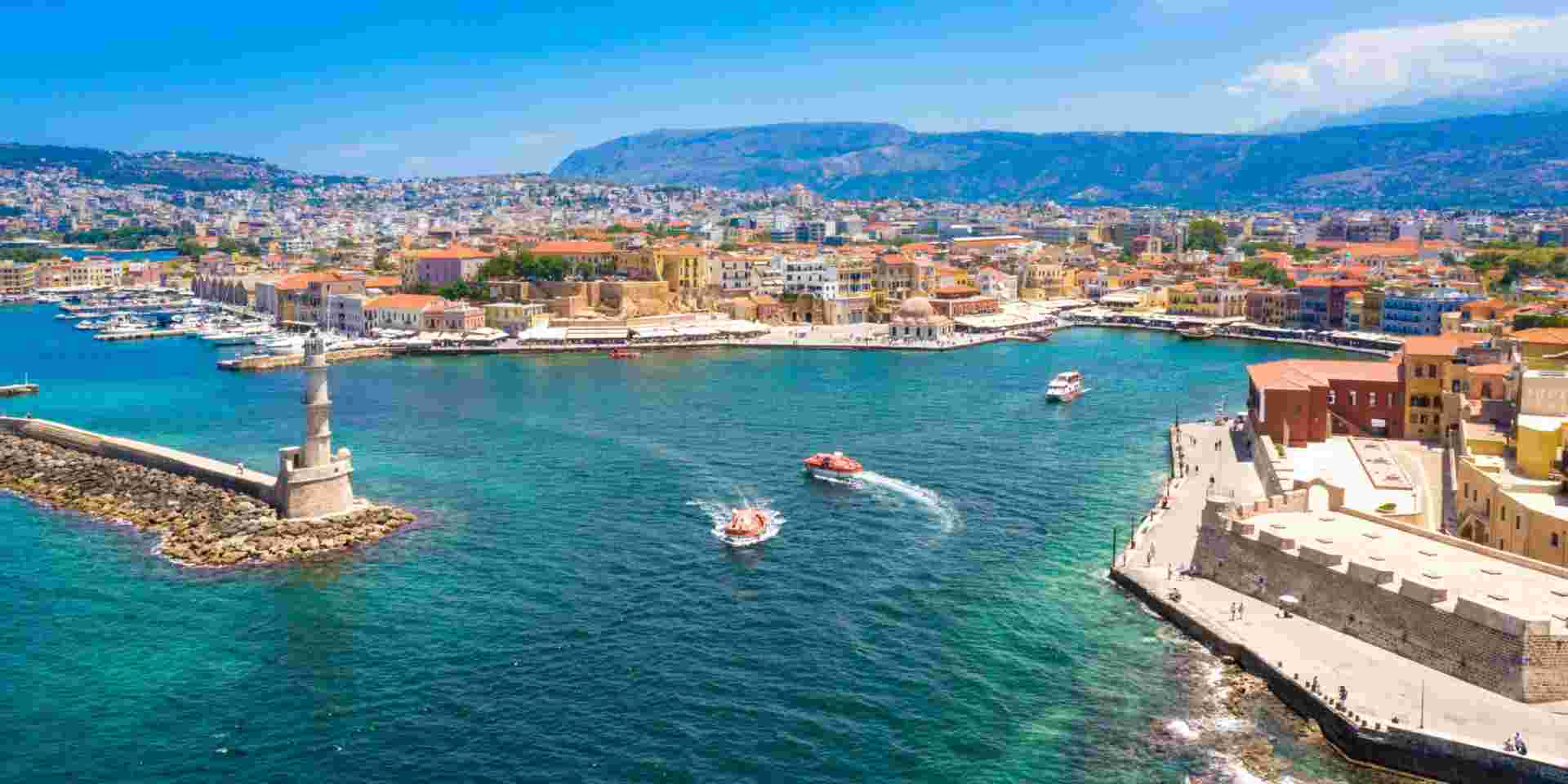
Are you planning your first trip to Greece? Greece has a mix of ancient history, beautiful Greek islands, and lively culture. This combination offers a wonderful experience. While a travel agent can help, this guide has tips to help you plan your dream trip. Let’s explore the key parts of how to plan a trip to Greece.

Essential Things to Know Before Your Greek Adventure
Before you trade your dreams for travel plans, it’s important to know what you need for a smooth trip. First, understanding the visa requirements for Greece is key to a stress-free visit. Also, learning about Greek culture can improve how you connect with people while you’re there. Simple things like greetings and eating manners show respect. This helps you have richer experiences during your travels.
Understanding Greece’s Visa Requirements
Greece is an important part of Europe. It welcomes travelers, but the visa rules can change based on where you come from. Many people, especially those from the Schengen Area, can enter Greece without a visa for a limited time. However, some nationalities must get a Schengen Visa before they arrive. This visa lets you visit Greece and other European countries for up to 90 days within 180 days. To find out what you need for your nationality, it is best to check with the Greek embassy or consulate in your country. You can also look online for the latest information.
Cultural Etiquette and Customs in Greece
Immersing yourself in the local culture makes any trip more enjoyable. In Greece, known for its fascinating Greek mythology, learning the cultural ways can make your experience better. Greeks are friendly and welcoming. They like it when you try to speak their language, even if you only know some simple words. When you visit religious sites, it’s important to dress modestly. This means covering your shoulders and knees. Also, it’s respectful to ask before taking pictures of people, especially older ones. Following these cultural customs will make your trip more meaningful.
Ideal Duration for a Trip to Greece
Choosing how long to stay in Greece depends on what you like and how fast you want to travel. A week is enough to see top spots like Athens and Santorini. If you stay for 10-14 days or more, you can visit not-so-famous places too. The best time to visit Greece is in spring (April-May) and autumn (September-October). These months have nice weather and fewer crowds than the high season from June to August. You can enjoy your trip without spending too much. Winter can save you money, but remember that many islands run fewer services. The weather is mild, but it might not be the best for swimming or outdoor fun.
Credit Card Usage in Greece
Credit cards are common in cities and tourist spots. This makes it easy for big expenses. Still, it is good to carry cash. This is important when you go to smaller villages or rural areas where credit cards may not work. Greece has many experiences for all budgets. However, places like Mykonos and Santorini tend to be costlier. If you want to save money, consider visiting mainland Greece or smaller islands. They can still offer beautiful sights and rich culture at a better price.
Tipping in Greece
Tipping in Greece is different from some other places. It’s not required, but it is nice to leave a small tip of about 5-10% of your bill if you get good service at restaurants or while on day trips. For taxi rides, people often round up the fare or add a little extra. Tipping is a way to show you appreciate the service, and how much you give is up to you.
Budget for a Week in Greece
How much you spend on your trip to Greece will depend on your travel style. If you are a backpacker, you can enjoy the country for about €50-70 each day. This budget lets you stay in cheap places, use local transport, and eat at low-cost restaurants. If you prefer a mid-range budget of about €100-150 per day, you can have nicer places to stay, enjoy some nice meals, and possibly take a few domestic flights. If you want a luxury experience, you should plan to spend more on high-end hotels, fine dining, and private transport. Remember, costs can change based on when you go. During peak season, prices are higher. So, traveling during the shoulder season or to less popular spots can help you stick to your budget.

Highlighting Must-Visit Destinations in Greece
Greece is full of amazing places to see. You can find historical sites and beautiful islands all around. When you arrive in Greece, it feels like you are going back in time. You can see ancient ruins next to blue waters. If you love busy cities, Athens is perfect for you. For something romantic, visit Santorini. If you want to learn about history, Delphi has a lot to offer. Each of these places has special things for you to discover. You will also enjoy the beauty of Nafplio and the impressive Meteora monasteries. Don’t forget about the unique charm of Monemvasia. In Greece, you can explore many landscapes and islands, creating a memorable adventure that fits your taste.
Athens
When you land at Athens Airport, you will feel the mix of old history and modern life. Athens is known as the home of democracy and the start of Western culture. You will see important sites like the stunning Acropolis, which is a strong symbol of ancient Greek buildings. You can visit the Ancient Agora, which was once a busy market and the heart of life in Athens. Walk around the nice area of Plaka, right under the Acropolis. It has winding streets and cozy tavernas. A guided tour of these historic places can help you understand their importance and connect you with the fascinating stories of ancient Greece.
Thessaloniki
Thessaloniki is the second-largest city in Greece. It attracts visitors with its mix of history, culture, and modern life. This city is an important cultural center with remarkable Byzantine walls, UNESCO-listed sites, and a great food scene. You can visit the White Tower, which is a famous symbol of the city. Also, you should check out the archaeological treasures at the Museum of Byzantine Culture. Enjoy the vibrant waterfront promenade and taste traditional Greek dishes at the cozy tavernas.
Delphi
Journey to the slopes of Mount Parnassus. There, you will find the ancient site of Delphi waiting for you. Delphi is known as the center of the world in Greek mythology. It was home to the famous Oracle, who many people and city-states consulted. You can see well-preserved archaeological sites, like the Temple of Apollo, the Athenian Treasury, and the ancient theater. Learn about the myths and legends of the Oracle. Discover how Delphi was important in ancient Greek religion and politics. The mountains around contribute to its charm. You can enjoy stunning views and a peaceful atmosphere.
Nafplion
Travel to the beautiful Peloponnese Peninsula and discover the lovely city of Nafplio. This city is full of history and surrounded by stunning natural sights. Nafplio, the first capital of modern Greece, boasts a charming Old Town, beautiful neoclassical houses, and a majestic Venetian fortress perched on a hill. There are so many things to do in Nafplio—wander through narrow streets lined with shops and cozy cafes, savor fresh seafood at waterfront tavernas, or take a scenic boat trip to the nearby island of Bourtzi. Once a prison, Bourtzi is now the perfect spot to enjoy breathtaking sunset views. Whether you’re drawn by history, culture, or seaside charm, Nafplio has something for everyone
Monemvasia
Discover the hidden gem of Monemvasia. It is a charming medieval fortress town. You can reach it from the mainland by a causeway. This special place sits on a rock off the coast of the Peloponnese. It feels like stepping back in time. Walk along the narrow, cobbled streets. They are filled with Byzantine churches, old houses, and lovely shops.
Metsovo
For a real taste of Greece, visit the mountain area of Epirus and find the village of Metsovo. This village is set in beautiful mountain scenery. You will love its stone houses, cobblestone streets, and friendly people. Check out the Averoff Gallery. It has a great collection of Greek art. Be sure to try the local food, like smoked meats and wines from the area. Take time to relax in nature. You can go on scenic hikes or enjoy a nice stay in a traditional guesthouse.

Top Three Islands to Visit in Greece
Greece has many islands, each one special in its own way. They grab the attention of travelers with their stunning beauty and unique appeal. You can visit the famous Santorini, known for its amazing sunsets. Mykonos is popular for its lively party scene. Crete is rich in history and has many different landscapes and ancient sites. Choosing which islands to visit can be a fun decision. If you want peace, excitement, or a mix of both, Greece’s islands are perfect for every traveler. Explore your options and let the beauty of the Aegean Sea led you to memorable island adventures.
Santorini
Santorini is a volcanic gem known for its white-washed villages that sit on high cliffs. The sunsets here are amazing, filling the sky with bright colors. You can visit Oia and Fira. These villages are famous for their beautiful views of the caldera, fancy villas, and nice shops. You can also learn about the island’s volcanic past by going to the Nea Kameni volcano and the hot springs at Palea Kameni. Try the unique tastes of Santorini’s food. Enjoy local wines and fresh seafood at a restaurant on the cliffs.
Mykonos
Mykonos is called the “Island of the Winds.” It is full of life and known for its lively nightlife and fancy beach clubs. The party scene here is glamorous. You can walk through the narrow streets of Mykonos Town, known as Chora. These streets are full of white houses, stylish shops, and art galleries. Relax on its famous sandy beaches, like Paradise and Super Paradise, or find some peace at the quiet Agios Sostis. You will enjoy Mykonos’ cosmopolitan vibe by eating tasty meals at top restaurants. The lively atmosphere in the bars and clubs makes it a great place to unwind.
Crete
Crete is the largest island in Greece. It has a deep history, rich culture, and stunning natural landscapes. You can visit the Minoan palaces of Knossos, Phaistos, and Malia. These sites are reminders of a smart civilization that lived many years ago. You can hike in the Samaria Gorge, which is a UNESCO Biosphere Reserve. Or, if you prefer, relax on the beautiful pink sands of Elafonisi Beach. Enjoy delicious local food, like dakos and gamopilafo, and feel the kind warmth of Cretan hospitality.

Navigating Greece: Transportation Tips
Navigating the different landscapes and islands of Greece requires knowing about the transportation choices you have. You can use public transport systems in the big cities or enjoy the beautiful ferry rides that link the islands. If you plan your transport ahead of time, you can have a smooth travel experience. When you choose between renting a car or using public transport, think about your trip plan, your budget, and how comfortable you feel. Here’s a simple list of transportation options to help you decide and make the most of your time exploring Greece’s beautiful places.
Renting a Car vs. Using Public Transportation
Exploring Greece gives you flexibility, where choosing between renting a car and public transportation impacts your experience! Renting a car allows you to reach hidden gems easily, especially in the Peloponnese Peninsula and lesser-known regions. NLP specialists advise that for a deep dive into Greek mythology and ancient sites like Delphi, car rentals offer more freedom. On the flip side, utilizing public transport suits well for major cities such as Athens and Thessaloniki, cutting down on parking hassles and the stress of navigation. During high seasons or when visiting islands like Crete or Corfu, public transport remains a convenient option. Consider your itinerary, travel style, and desired exploration level to determine the best mode of transport!
Island Hopping Made Easy
Island hopping is a key part of being in Greece. It lets you explore the beauty and variety of the Greek islands. Ferries are the main way to travel between these islands. They make your journey across the Aegean Sea both scenic and fun. Many ferry companies run routes to popular islands. These ferries differ in size, speed, and comfort. It is a good idea to look into and book ferry tickets ahead of time, especially in busy seasons. This can help you get the schedule you want and avoid any surprises later.
In conclusion, planning a trip to Greece is exciting. There are many historical sites, beautiful landscapes, and lively culture to enjoy. It’s important to know about visa requirements, cultural customs, and budget essentials for a smooth trip. You can explore ancient wonders in Athens or relax in the sunny beauty of Santorini. Greece offers amazing experiences for all travelers. Think carefully about transportation options. Get ready for a wonderful journey in this beautiful Mediterranean paradise. Start planning your Greek adventure today!
Feeling Ready?
From our blog
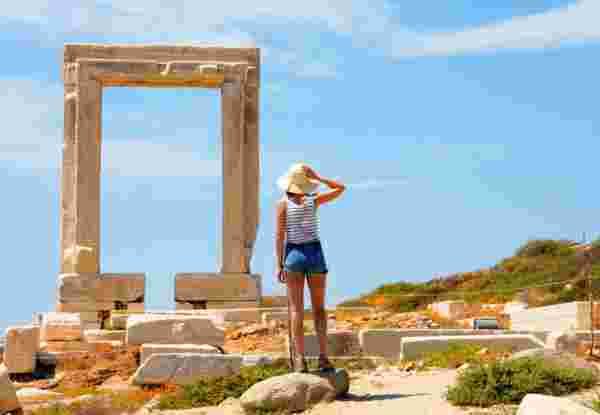
Honeymoon in Naxos: A Complete Guide
READ MORE
Visiting Athens with Kids: A helpful Guide
READ MORE
Paros for Seniors: Tips and Itinerary
READ MORE
Best Resorts in Greece for Families: Your Ultimate 2025 Guide
READ MORE
How to Enjoy Santorini for Seniors
READ MORE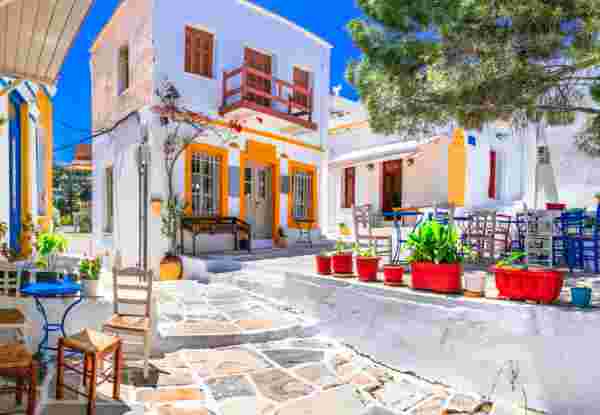
Honeymoon in Paros Island
READ MORE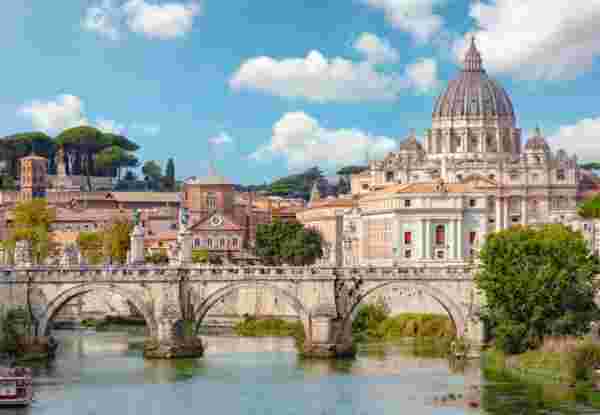
Rome Travel Guide: What to Do, When to go and Where to Go
READ MORE
The Best Greek Islands for Couples, According to a Luxury DMC
READ MORE
Discover Milan: Top Attractions
READ MORE